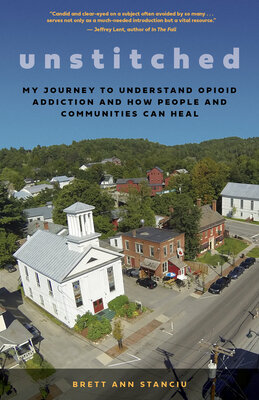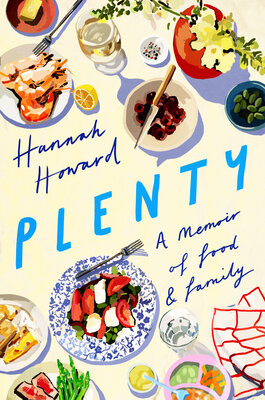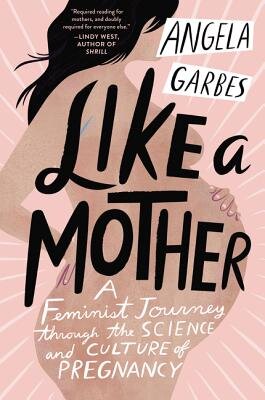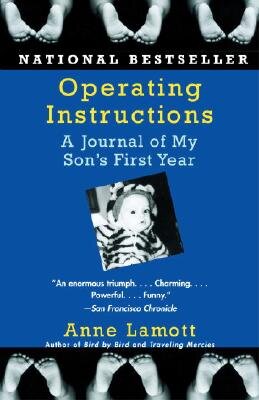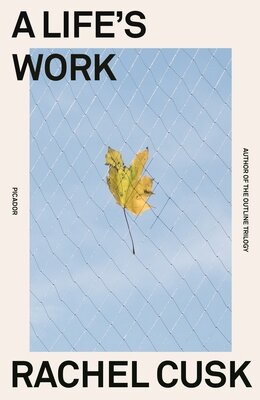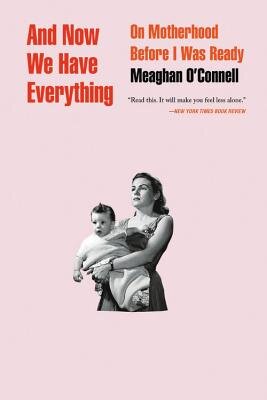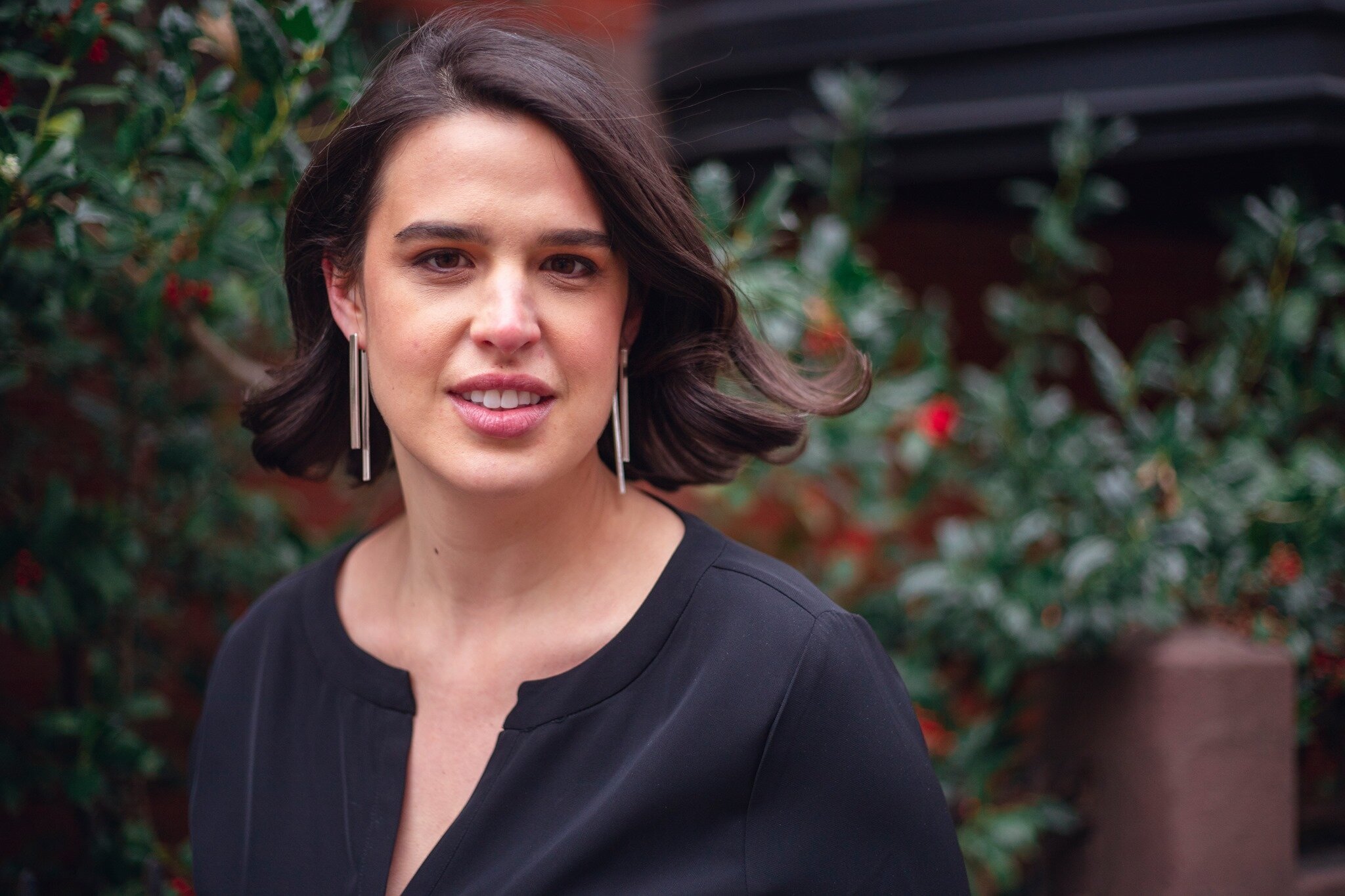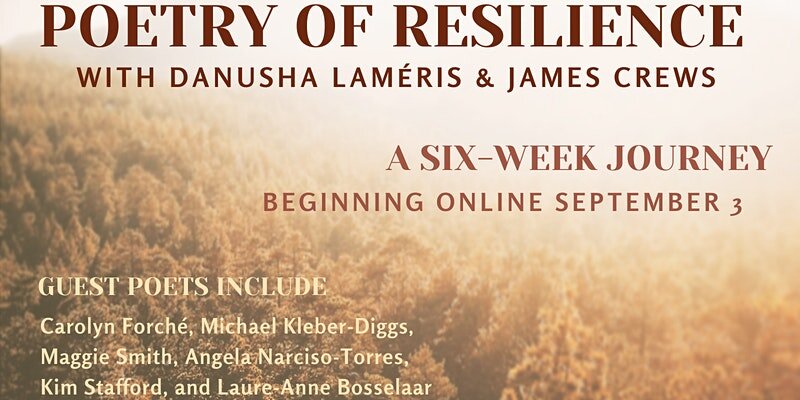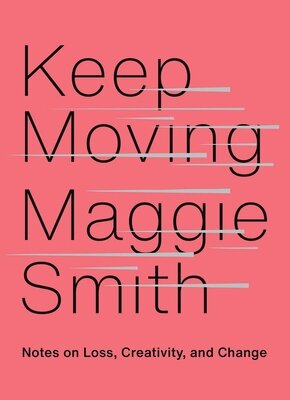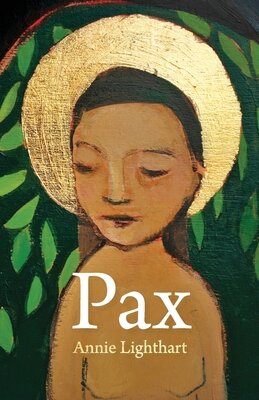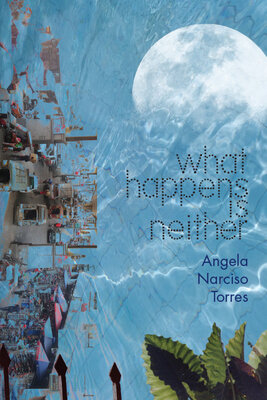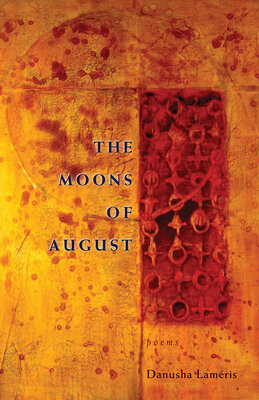When Steerforth Press contacted us to see if we’d be interested in reading Vermont author Brett Ann Stanciu’s new book, we jumped at the chance. We loved Stanciu’s debut novel, Hidden View, and were excited to see what she’d write next.
Her latest work is a nonfiction book, Unstitched: My Journey to Understand Opioid Addiction and How People and Communities Can Heal. It’s a compelling read and an important one. Stanciu isn’t afraid to share her own biases while examining the tough questions around addiction and recovery. It’s a book about community and family and love. Stanciu writes from a place of deep questioning, as she shares her journey to understand what happened in her own small town.
The Galaxy Bookshop will be hosting an in-person book launch party for Unstitched at the Hardwick Town Hall on her publication date, September 14, at 7:00 pm. The Norwich Bookstore will be hosting a virtual event with Brett on September 28 at 7:00 pm.
We are happy to share an original essay from Stanciu as an introduction to the excerpt we are featuring from Unstitched. Congratulations on this fine and important book, Brett!
Under Vermont’s Glossy Veil
Unstitched opens on a frigid Vermont January afternoon, when I stood utterly bewildered in a one-room Vermont library, turning a hat my daughter had crocheted around and around in my hands. I had just learned a man I had endeavored to keep out of this public space had committed suicide.
On the surface, I was entirely in the clear. I was the town librarian, possessor of the door key, trusted with keeping the library—and its books and basket of wooden toy trains—a safe space. I hosted preschool storytimes and poetry evenings for grownups. I had led the charge to keep this stranger, rumored to be a heroin user, from breaking in after hours.
But in that moment, I saw I had been connected to this stranger in ways I hadn’t imagined. Entirely unplanned, I suddenly seemed to be living in Somerset Maugham’s book The Painted Veil, a novel about lifting the illusory patina of everyday life. As I drove home over icy back roads, I knew I had two choices forward that night, and the next day, and for the rest of my life. I could burrow again beneath that veil, or I could halt the pell-mellness of my everyday life and ask hard and seemingly unanswerable questions. Why is addiction so rampant? What does one human owe another?
Beginning with these questions, I reached out to medical workers, the local police chief, the U.S. attorney, and to people in recovery, asking about insights into addiction. Unstitched unfolds my story as a single mother seeking to understand my place in a confusing world. I write, “I was beginning to wonder if I was a minor character in a much larger story, where the plotline wasn’t entirely clear to me.”
I’ll let Unstitched speak for what answers I did discover. What I’ll add is that the stuff of our everyday lives—eating Klondike bars with my daughters and swimming in Vermont’s ponds—is not jettisoned. When I began searching for answers, I didn’t discover a void, but a magnification of our infinitely textured world.—BAS
Excerpt from Unstitched
The setting is the Woodbury Library, on the evening I learned a man who had repeatedly broken into the library had committed suicide. The man was rumored to be a heroin user.
Without turning on the lights, I stood in the dark, quiet library, studying the table where Baker had been sitting when [library trustee] Susan walked in. On its back corner sat a white china teacup, factory-painted with a faded pink rose, a thorny vine, and two unopened buds. The cup was part of a set of five that were usually stored upside down beneath the microwave in the adjacent art room. The children used them to hold beads and sequins. Pieces of a now broken-apart set, these cups held a hidden history, a reminder that this library and this town had countless stories I didn’t know — and never would.
I walked over to the table, lifted the cup, half full of water, and turned it around and around in my hands. The last time I had seen John Baker was a sunny October afternoon. I was walking from the post office to the library, my arms wrapped around packaged books and envelopes, taking my time in the autumn warmth and admiring the sugar maples glowing scarlet and gold. Baker, wearing a plaid shirt and work boots, in need of a shave, sat on the front granite steps of the Episcopal church. The church holds sporadic services for a handful of elderly parishioners during the summer months and closes in the winter to save on heating costs. I lingered across the dirt road, watching Baker poke at his phone. A single crow flew overhead. We were the only people in our tiny village square that afternoon. Within months, he would be dead.
What if, instead of passing him in silence, I had ignored all the gossip and sat down beside him on that sun-warm granite step?
But I didn’t. I walked up the dusty road and carried on with my life.
At the end of that day after Baker’s death, I took the cup home with me and set it on my desk. Inside the cup, I noticed scratches from rough washing and a residue of something I couldn’t determine. I seemed to have been emptied out, too, and what remained were traces of things I couldn’t recognize.
Librarian Brett Ann Stanciu is a graduate of Marlboro College and recipient of a Vermont Arts Council Creation Grant. Her 2015 novel, Hidden View, portrays the challenges of a hardscrabble family farm. She lives in the Northeast Kingdom of Vermont with her family.
